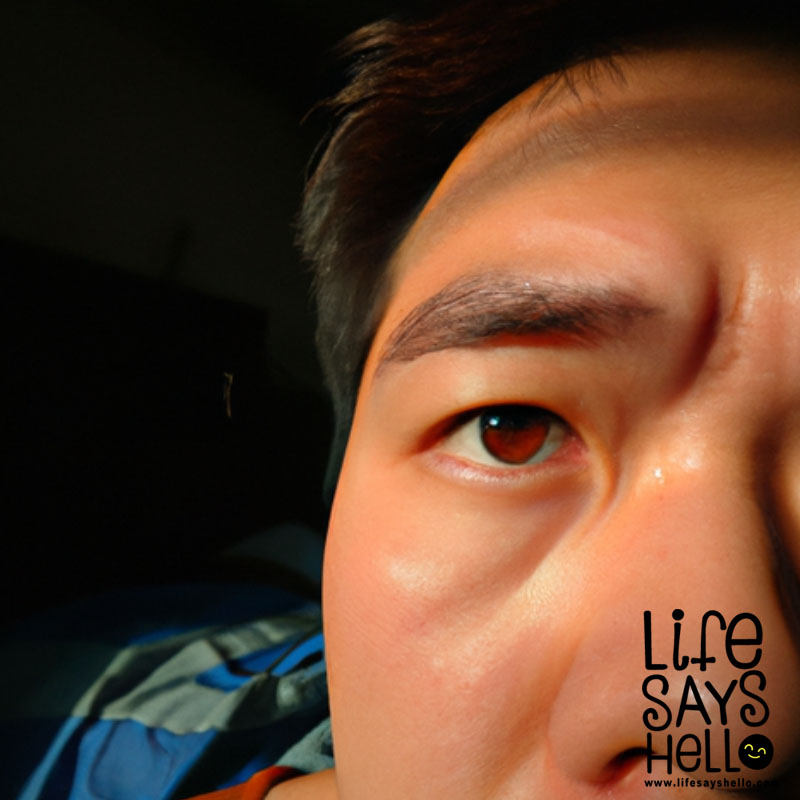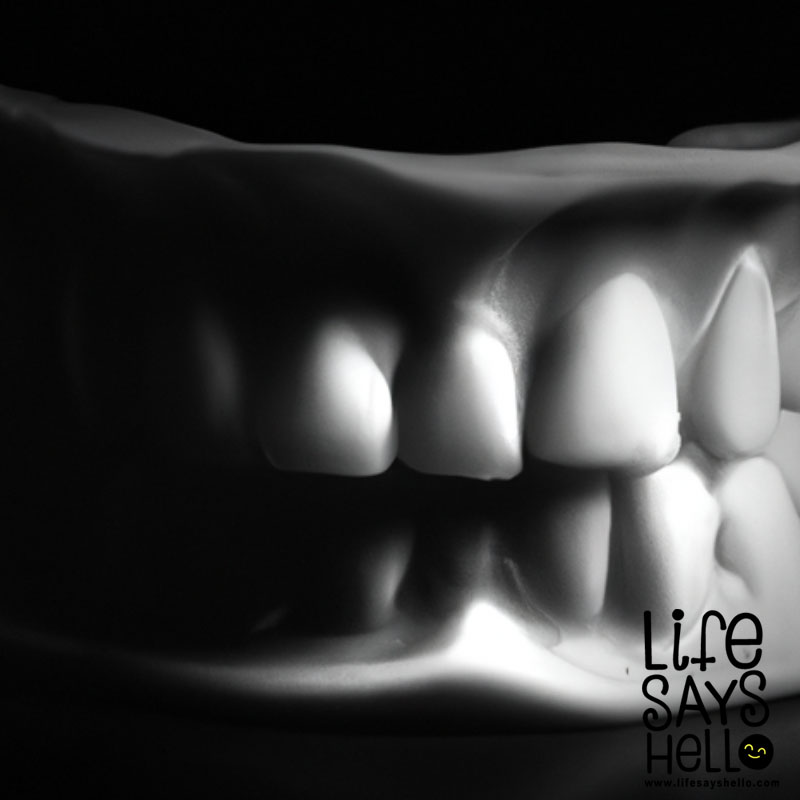The Surprising Reasons Behind Your Dry Eyes When You Wake Up

Waking up to dry, irritated eyes can be a frustrating and uncomfortable experience. And while it might be tempting to blame your pillow or the air conditioner, there may be other factors at play. In fact, there are a number of different reasons why you may wake up with dry eyes.
In this article, we’ll explore some of the common causes of dry eyes in the morning and what you can do to prevent and treat them.
What Are Dry Eyes?
Before diving into the reasons why your eyes may be dry in the morning, let’s take a closer look at what dry eyes actually are. Simply put, dry eyes occur when your eyes don’t produce enough tears to properly lubricate and nourish your eyes. This can lead to a range of symptoms, including:
- Burning or itching sensations in the eyes
- Grittiness or the sensation of a foreign object in the eyes
- Redness and inflammation
- Blurred vision
- Sensitivity to light
- Excessive tearing (as your eyes try to compensate for the lack of moisture)
Dry eyes can be caused by a variety of factors, including aging, medications, environmental factors, and underlying health conditions. Now, let’s explore some of the specific reasons why you may be experiencing dry eyes in the morning.
Reasons for Dry Eyes in the Morning
1. Sleeping with your eyes partially open
Believe it or not, sleeping with your eyes partially open can cause your eyes to dry out. This can happen when the eyelids don’t fully close during sleep, which can lead to increased exposure to air and evaporation of tears. This is more commonly seen in people with certain facial or eyelid conditions, such as ectropion or thyroid eye disease.
2. Dehydration
Dehydration can also lead to dry eyes in the morning. When your body is dehydrated, it can’t produce enough tears to keep your eyes moist. This is especially common in people who consume large amounts of alcohol or caffeine, as these substances can cause dehydration.
3. Sleeping in a dry environment
If your bedroom is overly dry, it can cause your eyes to become dry as well. This is because the air in dry environments can absorb the moisture from your eyes, leaving them feeling dry and irritated. Using a humidifier can help to add moisture to the air, which can alleviate dryness in your eyes and other parts of your body.
4. Certain medications
There are a number of medications that can cause dry eyes as a side effect. For example, antihistamines, antidepressants, and blood pressure medications can all cause dry eyes. If you’re taking medication and experiencing dry eyes, talk to your doctor about alternative options.
5. Blepharitis
Blepharitis is a common condition where the eyelids become inflamed and can lead to dry eyes. Symptoms of blepharitis include redness, swelling, and flaking at the base of the eyelid. Cleaning your eyelids regularly and using warm compresses can help to reduce symptoms and prevent dry eyes.
6. Medical conditions
Certain medical conditions can also lead to dry eyes in the morning. For example, autoimmune disorders like Sjogren’s syndrome can cause decreased tear production. Other conditions that can cause dry eyes include diabetes, thyroid disorders, and rheumatoid arthritis.
Prevention and Treatment of Dry Eyes
Now that we’ve explored some of the common reasons why your eyes may be dry in the morning, let’s look at what you can do to prevent and treat dry eyes. Here are a few strategies that may be helpful:
1. Stay hydrated
Drinking plenty of water and avoiding excessive amounts of caffeine and alcohol can help to prevent dehydration and alleviate dry eyes.
2. Use artificial tears
Over-the-counter artificial tears can help to moisturize your eyes and alleviate dryness. Look for drops that are preservative-free for the best results.
3. Practice good eyelid hygiene
Cleaning your eyelids regularly and using warm compresses can help to prevent blepharitis, a common cause of dry eyes.
4. Use a humidifier
Adding moisture to the air with a humidifier can help to alleviate dryness in your eyes and other parts of your body.
5. Talk to your doctor
If you’re experiencing persistent dry eyes, it’s important to talk to your doctor. They may be able to help you identify the underlying cause of your dry eyes and recommend effective treatments.
Conclusion
Dry eyes in the morning can be a frustrating and uncomfortable experience, but there are a number of strategies you can use to prevent and treat them. By staying hydrated, practicing good eyelid hygiene, and using artificial tears when needed, you can keep your eyes moist and comfortable.
And if you’re experiencing persistent dry eyes, be sure to talk to your doctor to rule out any underlying health conditions.




Comments